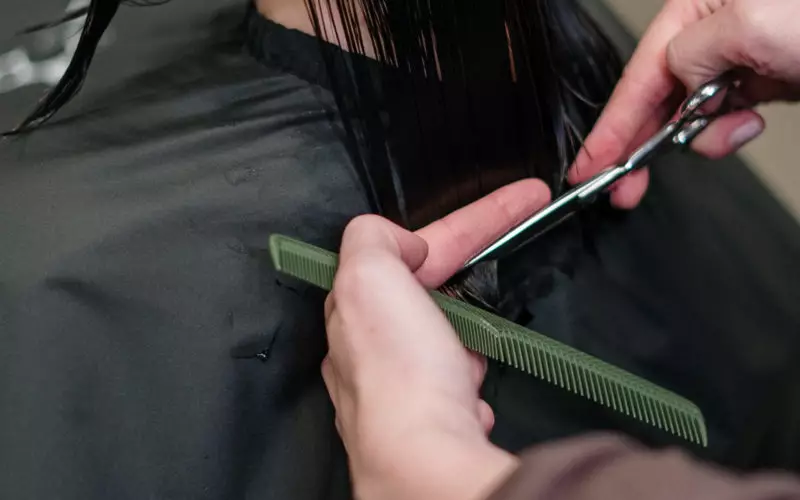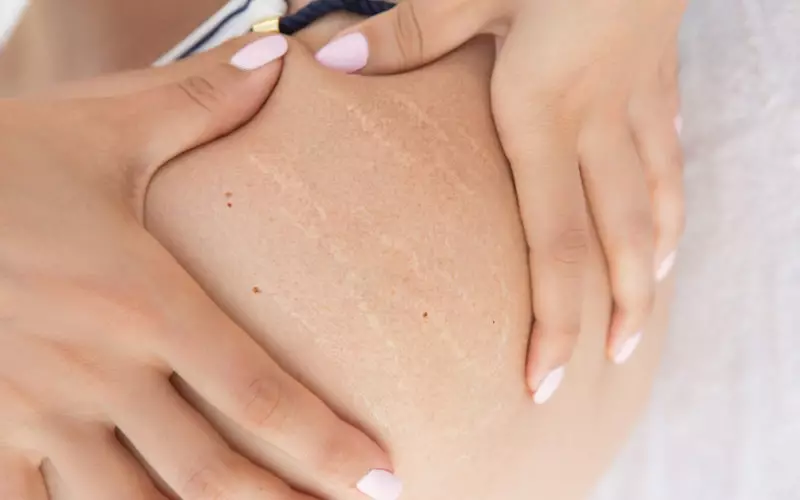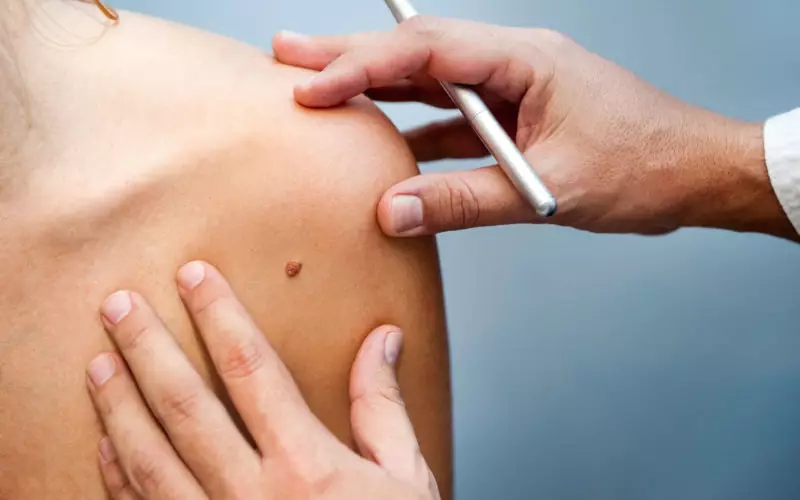
Everybody has skin problems: pimples, dry spots, clogged pores, or pigmentation. Or even a combination of not only those but other skin issues. We all try to take good care of our skins, and we spend tonnes of money on an annual basis for moisturizers, cleansers, toners, exfoliants, etc.
The thing is: most people do not buy skincare products which are suitable for their skin types. Therefore, they do not receive any benefits from those.
This happens either because they do not know what their skin type is (so they buy whichever product they like) or they only suppose that is their skin is in a particular category (as in reality that is not the case).
The 8 Skin Types
As there are 8 different skin types, determining which type is your skin will help you to take better care of it and keep it beautiful, healthy and vibrant. This way you will know which cosmetic products will have the best effect on your skin.
Keep in mind that you may have more than one skin type on the different areas of your body.
It is essential that you are aware of the different skin zones so that you can take proper care of them. Do not feel obliged to use one product for your whole skin!
Dry skin
Here are the main characteristics of dry skin:
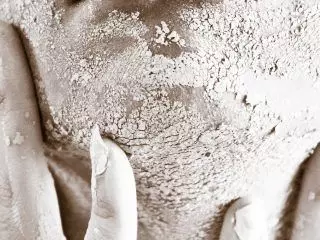
- Lacks oil (the sebaceous glands are not producing enough oil to keep the skin nourished)
- The skin appears to be dull, flaky, red, uneven and tight
- It is prone to premature aging, due to lack of moisture
- Damaged lipid barrier (unbalanced production of new skin cells)
- Tight pores
- Prone to milium cysts (those are tiny white bumps on the skin, which are caused by sebum, which cannot exit the body through the skin because the pores are too tight)
Dehydrated skin
If you have a dehydrated skin, the following factors should be present:

- The skin feels very tight
- Lack of water
- Prone to premature aging (fine lines and wrinkles)
- It is usually caused by external factors, such as sun exposure, heating, air conditioning, wind, etc.
Oily skin
A lot of people experience oily skin on some areas of their bodies. Let’s see when you skin is oily:
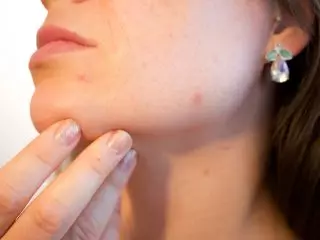
- An excessive amount of oil (overactive sebaceous glands)
- Shiny appearance
- Enlarged pores
- Prone to blackheads (blackheads are formed the same way as the millium cysts, but as the pores are opened, the sebum reacts with the oxygen, air, and other external factors. This way, the top of the millia becomes black. We call this a blackhead.)
- Prone to blemishes and pimples
- Ages slower than any other skin type
Mature skin
Our skin faces the risk of the aging throughout time, and certain traits are eventually lost. Here is a list of the main signs of mature skin:

- Signs of aging: wrinkles, fine lines, uneven pigmentation
- Lost elasticity (formation of expression lines)
- Dryer and thinner than usual
Acne vulgaris skin
This skin type is mostly caused by hormonal imbalance. It affects usually affects teenagers, although it many cases last well into adulthood.
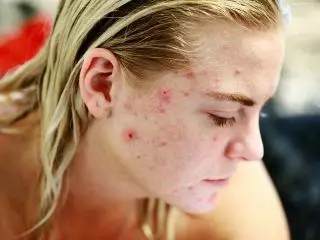
- Sebaceous glands produce thick sebum
- Damaged lipid barrier (the skin does not regenerate skin cells)
- Enlarged pores
- Pimples and blackheads concentrated in one or more areas
- Prone to scars, which heal slowly (due to the damaged lipid area)
Rosacea skin
The majority of those affected are white women in their forties and fifties. Although there is no cure for rosacea, treatment can help to control and alleviate symptoms. Rosacea characterises with:
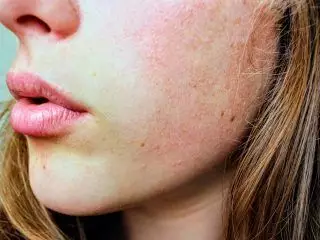
- Chronic redness
- Hypersensitive skin
- Broken capillaries
Sensitive skin
Although sensitive skin is a widespread issue, it is not a medical diagnosis. It means that the skin is easily inflammable. The following conditions define having a sensitive skin:

- Prone to premature aging
- Very reactive to free radical damage
- Very reactive to chemicals, and preservatives
- Thin and translucent (You can see the capillaries)
- Usually forms freckles
- Prone to broken capillaries
- Prone to flakiness, redness, itchiness, and tightness
Normal skin
Normal skin is characterized by a well-balanced moisture levels, lack of sensitivity, and small pores. This skin type isn’t dry and very rarely breaks out. Signs of having a normal skin are:

- Good hydration levels
- Balanced sebaceous glands
- Balanced pores
- Even pigmentation


